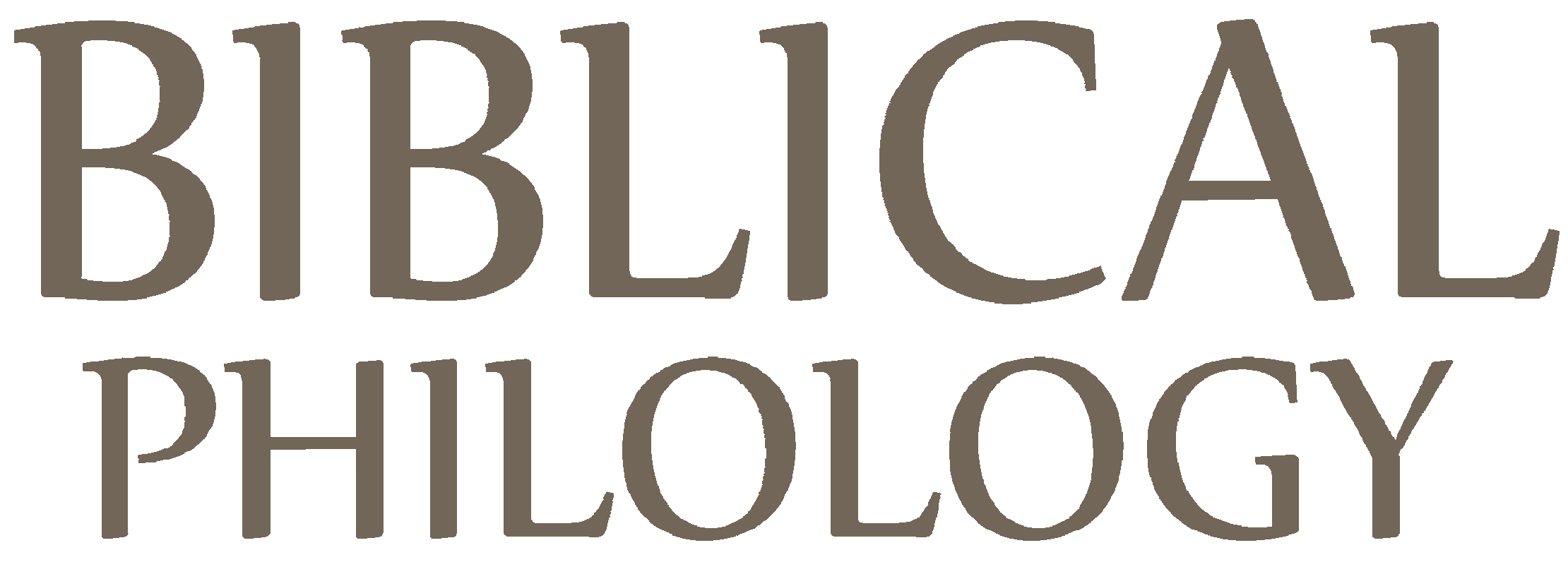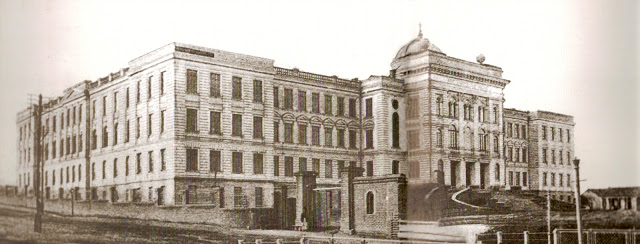
It can be said that philology took its shape as a science based on the reading, publication, and exegesis of two books, the Bible and the poetry of Homer. Young children learned how to read and write, and adolescents learned how to critically evaluate a text through means of the Bible. The Bible taught a writer his craft. It helped the formation of a reader in developing their aesthetic tastes and imbued them with figures of speeches and associations. The Bible helped a person to acquire spiritual and life experience and gave them a system of values.
For many decades, the Bible was studied in Georgian universities in a covert and limited format. Today there are no longer any obstacles for those desiring to study the Bible: those who are interested in the Bible from a theological perspective; those who are captivated by Biblical archaeology and ancient history; those who research the Bible as a source of artistic, rational thought and as an anthology of literary genres; those who are occupied by the problems of translation theory and must know how the translation of a text into other languages is realized in a practical manner; those who are interested in how a new societal language is created, "the language of the Bible", which sounds the same in every human language, and how the creation of national languages and literature is brought about through its influence.
But studying all of this begins with the study of the Bible`s verbal texture - to figure out the text`s authenticity, which we research according to various perspectives. In short, Biblical philology is the foundation for subsequent research and is the unifying factor of this research. It begins with a study of an in-depth reading of the text, is continued by researching the language, its lexical and grammatical structures, and is concluded by an interpretation of its artistic and world-views.
How will we manage to study Biblical philology at TSU? What programs and courses will help us to achieve this? On the contrary, how might Biblical philology contribute to a more profound study of other disciplines?


